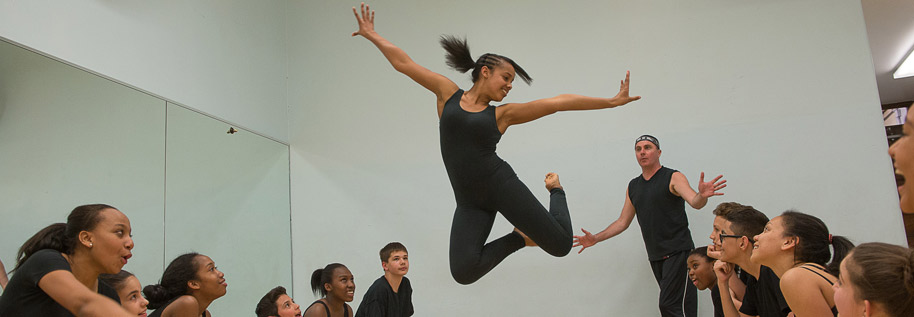“We’re aiming to create a highly distinctive addition to the College’s current offerings. This doctoral program will be devoted exclusively to dance education, and will bring together faculty from across the College as well as the rich and extensive dance education community in and beyond New York City,” says committee chair Mary Hafeli, Professor of Art & Art Education. “That means being consultative, in and outside of the College.”
The program’s priorities are to prepare dance educators to teach teachers of dance in diverse school, community and college settings; develop dance educators as accomplished researchers; and foster leaders in dance education curriculum development and policy.
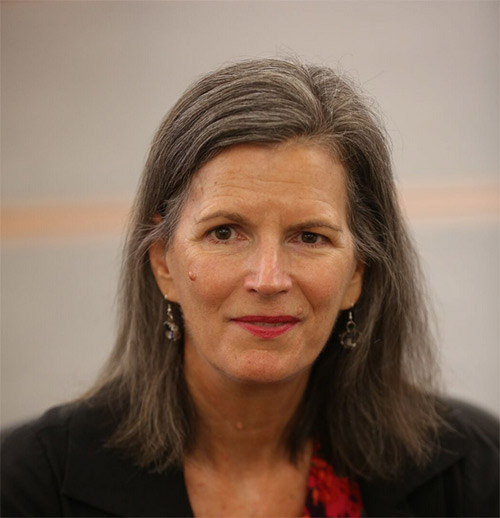
Mary Hafeli, Professor of Art and Art Education
Dirck Roosevelt, Visiting Associate Professor of Curriculum & Teaching, believes that aspiring master teachers must learn to balance consideration of classroom teachers’ everyday experience against a broader understanding of dance in society.
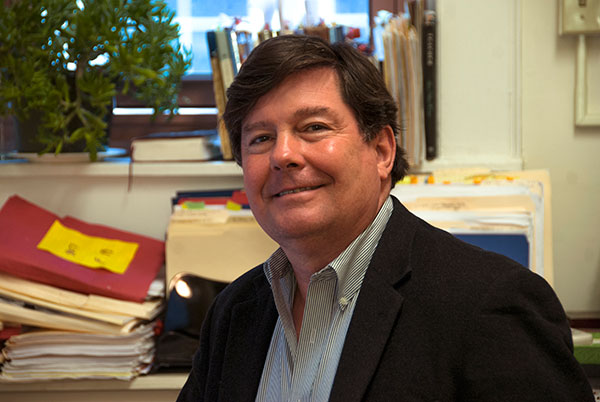
Dirck Roosevelt, Visiting Associate Professor of Technology & Education
“You’ve got to think about problems the novice will encounter rather than simply envisioning what good teaching should look like at the end,” says Roosevelt, who designed coursework for TC’s doctoral specialization in Teacher Education. “But you also have to join the novice’s perspective to the larger territory of importance that dance occupies. For example, when I was in high school, I saw the film Isadora, in which Vanessa Redgrave plays Isadora Duncan. I was into politics, and the film made me interested in dance because of Duncan’s involvement with social causes.”
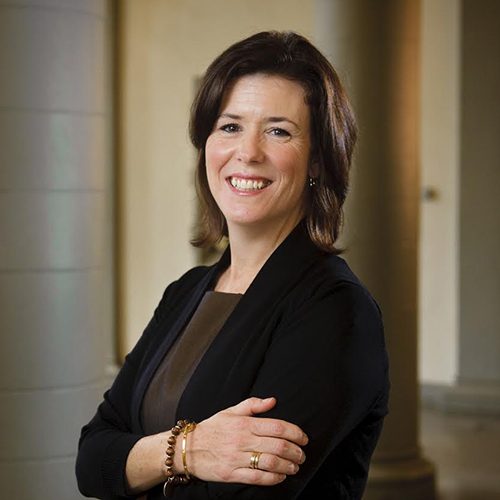
Kelly Parkes, Associate Professor of Music & Music Education
Finding those connections for students, says Kelly Parkes, Associate Professor of Music & Music Education, requires “a focus on the holistic education of human beings, not just on subject-specific skills, and an awareness of who’s in the classroom – and who’s not.”
In Music Education, Parkes explores students’ decisions to be and teachers and performers, “so that we can better prepare them for the careers they want.
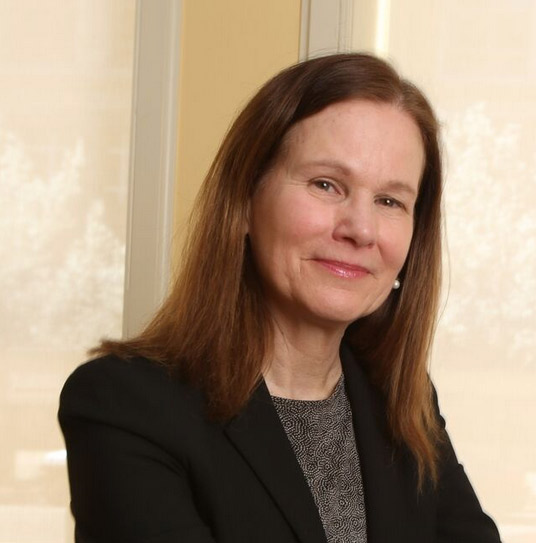
Carol Ewing Garber, Professor of Movement Sciences
Dance education is typically about the art and pedagogy of dance, but “we’ll have the science and policy components to enable students to think about a range of career goals,” says Carol Ewing Garber, Professor of Movement Sciences and Chair of the Department of Biobehavioral Sciences.
Hafeli stresses that the program’s development is “a work in progress.” For the committee members, that has often been the most exciting aspect of the work.
“I’ve loved this collaboration,” Roosevelt says. “It’s all about different, vigorous traditions being brought to bear. That’s not always a strong feature of doctoral work – but it should be.”
Related Stories
